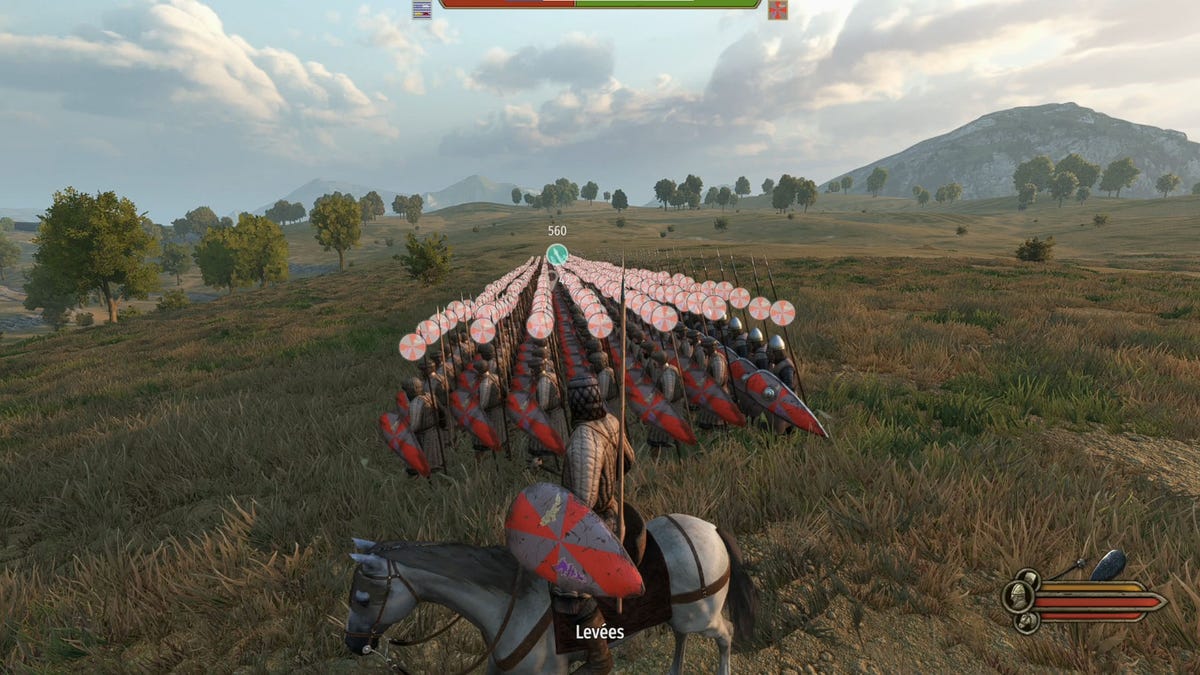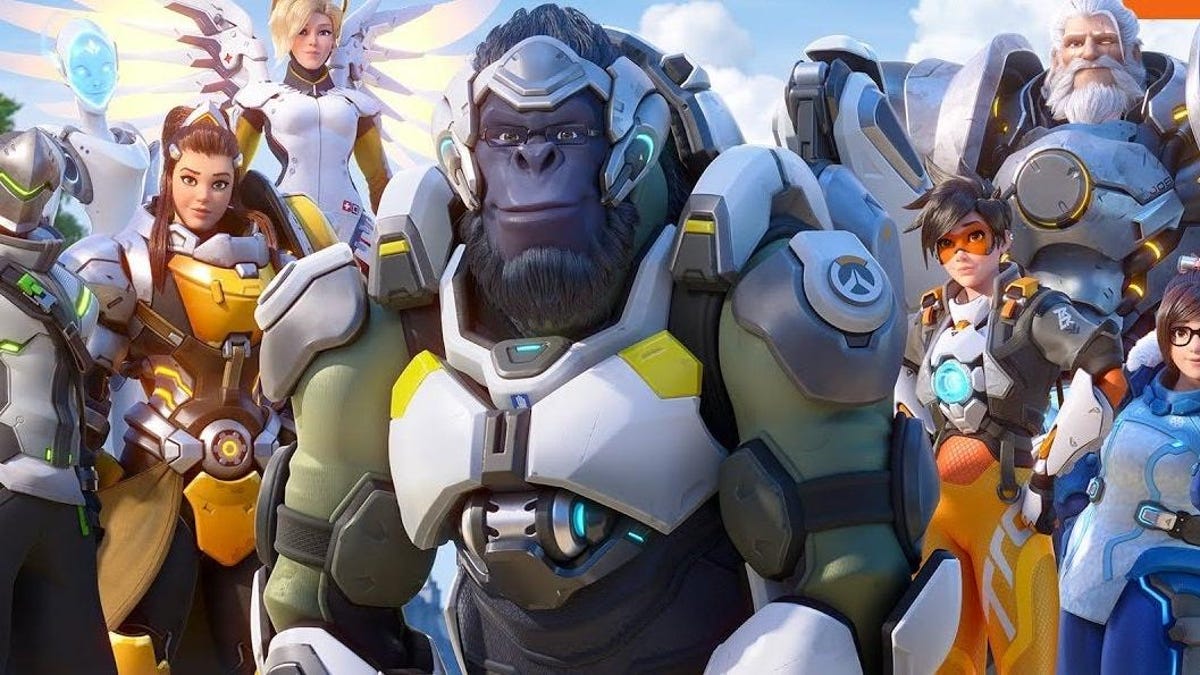‘Twas nary a month ago that Crystal Dynamics took leave of their senses, and decided to infest sleepy hero sim, Marvel’s Avengers, with paid-for experience boosts. With one voice the universe cried out, “Er, but you promised you wouldn’t do that.” A mere 25 days’ profit later, the developers have issued a mea culpa, and such grimness will be out of the game from tonight.
Grand Theft Auto 6 Comments: A Dramatic Reading
Share SubtitlesOffEnglishShare this VideoFacebookTwitterEmailRedditLinkview videoGrand Theft Auto 6 Comments: A Dramatic Reading
Called “Hero Catalysts” and “Fragment Extractors,” from early last month the in-game marketplace sold boosters that allowed players to speed up the rate at which they gained in-game currencies and XP. They were introduced about 3.27 seconds after the underwhelming game found late success with its appearance on Microsoft’s Game Pass, and not long after the natural XP gain rates had been heavily nerfed. Fingers to chins.
While we’re all depressingly familiar with how modern games positively bulge at the seams with cynical and exploitative attempts at monetization, it was especially egregious in Marvel’s Avengers’ case, given Crystal Dynamics had pledged before release to do no such thing. While there was always to be a real-money store within the Destiny-without-the-ambition action game, the emphatic promise was that it would only ever sell cosmetic items.
“We’ve also committed that content purchasable with real money in Marvel’s Avengers will be aesthetic-only additions,” the studio said before release, their fingers crossed behind their backs, “which will ensure we can keep the game fresh for years to come.”
Today it’s saying it “did not see them as pay-to-win since they don’t offer power directly.” Which is a bit lame. It adds that those who already bought such items will keep them, and they will still be given as in-game rewards.
The close of the apology is…well, odd. Yes, it was a poor decision, with suspicious timing, and went back on a pre-release promise, and that’s all well worth an apology. But perhaps, “We hope this can be the first step in rebuilding your confidence in us as a team,” seems…a lot?
I suspect whoever is responsible got themselves entangled in Corporate Apology Culture (CAC), where every attempt at amends must read like someone was just caught murdering a palliative care nurse, with newborn kittens stuffed in their underpants.

